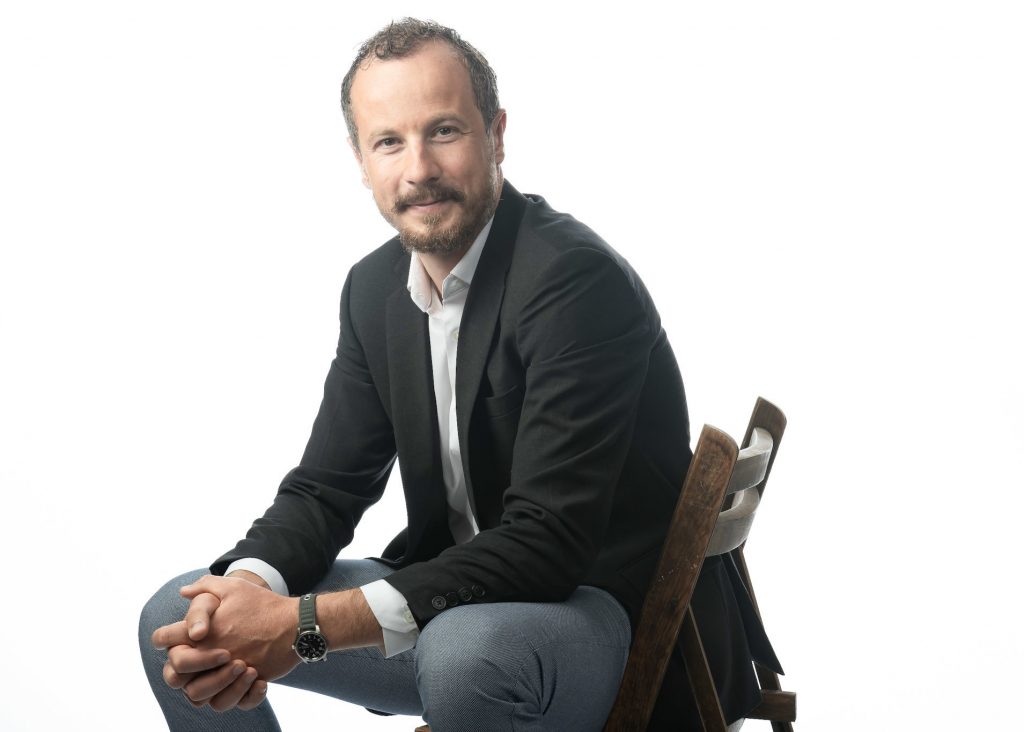Serghei Mangul, assistant professor of clinical pharmacy and quantitative and computational biology at the USC Mann School of Pharmacy and Pharmaceutical Sciences, has earned a Fulbright U.S. Scholar Program award for the 2024–2025 academic year.
Sponsored by the U.S. Department of State, the highly competitive Fulbright awards support scholars in teaching and conducting research abroad. The fellowship will enable Mangul to devise and implement an educational program at the Technical University of Moldova (TUM) on bioinformatics—the computational analysis of biological data—and its applications in metagenomics, which studies the interactions of microorganisms taken in bulk samples from their natural environments.
At his laboratory at USC Mann’s Titus Family Department of Clinical Pharmacy, Mangul applies these leading-edge data technologies to define the mechanisms of disease. He is equally committed to democratizing their use for life scientists worldwide.
“Bioinformatics should not be the sole province of wealthy nations,” he says.
Mangul was born in Moldova, which was part of the former Soviet Union and is considered a lower-middle-income country. He adds, “I have a deep personal connection and empathy for the challenges and transitions the nation has faced.”
Those challenges include poverty and fallout from Russia’s invasion of nearby Ukraine, which has led to energy and refugee crises. Despite such obstacles, Moldova has established itself as a flourishing center of information technology. “With a dedicated and accomplished community of computer scientists, programmers and tech enthusiasts, the nation stands out for its commitment to technological advancement and innovation-driven education,” according to Mangul.
Yet the country still faces a gap in bioinformatics knowledge—which Mangul intends to help fill. “Performing analyses of metagenomics data requires interdisciplinary skills,” he explains. “One needs the techniques to run bioinformatics tools as well as the knowledge to structure research appropriately and interpret the resulting data to gain novel biological insights.”
Currently, however, TUM and peer institutions lack the necessary courses and workshops to blend these abilities. But through his program, Mangul expects to “empower students with the cutting-edge methods for analyzing and interpreting large-scale metagenomics datasets.”
“This Fulbright Award is well-deserved,” USC Mann Dean Vassilios Papadopoulos says. “Beyond recognizing Dr. Mangul’s leadership in demystifying data technologies, it will allow him to contribute to fostering bioinformatics pioneers around the world.”
Mangul also hopes the knowledge he shares will spread beyond borders.
“I dream of seeing Moldova and all of Eastern Europe as part of the global bioinformatics community,” he says. And using what he calls the “tremendous opportunity” of being a Fulbright scholar, Mangul hopes to lay a foundation for helping that dream become a reality.


